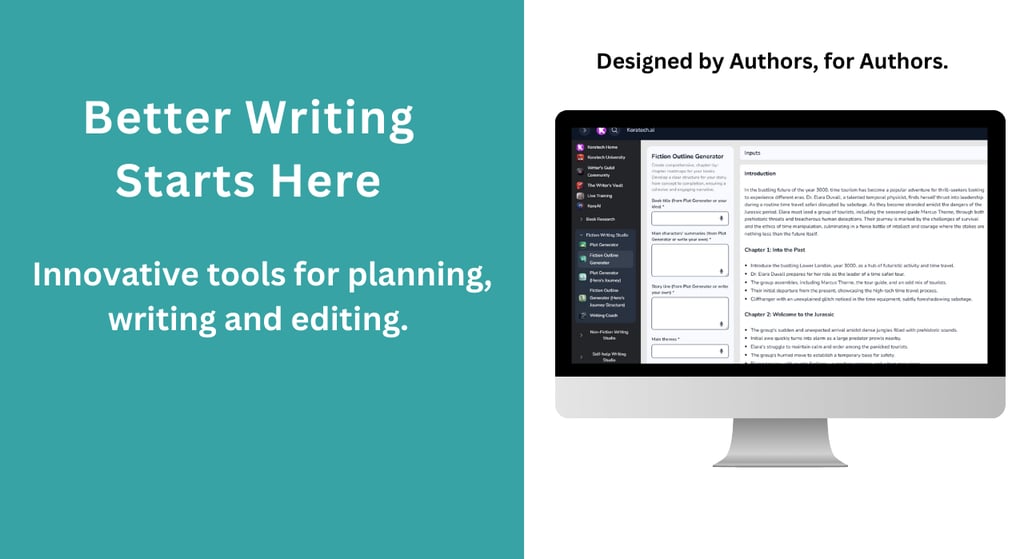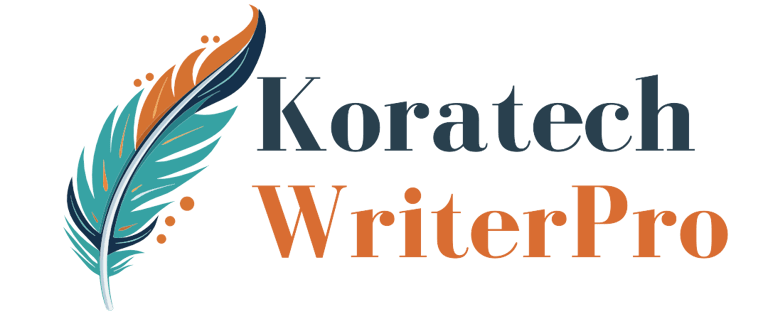Understanding Reader Psychology: The Four Pillars of Book-Buying Decisions
This blog explores the psychology behind why readers buy books, focusing on four key factors: trust in the author, social validation, problem-solving alignment, and gift-giving potential. It provides actionable strategies to help authors connect with their audience, boost credibility, and drive sales.
WRITING & EDITING


Understanding Reader Psychology: The Four Pillars of Book-Buying Decisions
In today’s digital age, readers have more choices than ever before. With millions of books published annually and countless entertainment options competing for attention, understanding why readers choose to buy books is crucial for authors. By analyzing reader behavior and purchasing patterns, we’ve identified four key factors that drive book sales.
The Psychology Behind Book Purchases
Before diving into the specifics, consider this: in an era dominated by streaming services, social media, and endless digital content, why do people still buy books? The answer lies in deeper psychological motivations that influence purchasing decisions. Readers don’t just buy books—they seek solutions, experiences, and connections. These motivations are encapsulated in the Four Pillars of Book-Buying Decisions.
The Four Pillars of Book-Buying Decisions
1. Trust in the Author’s Voice
Modern readers don’t just purchase books—they invest in authors they trust. Trust is built through consistency, authenticity, and expertise:
Content Creation: Regular blog posts, newsletters, or podcast appearances.
Social Proof: Engaging social media presence and active community interaction.
Expertise Demonstration: Hosting workshops, webinars, or writing authoritative articles.
Personal Connection: Authentic storytelling and maintaining a consistent brand voice.
Example: A business author might build trust by sharing actionable insights on LinkedIn, while a romance writer could connect with readers by showcasing behind-the-scenes glimpses of their writing process on Instagram. This trust transforms casual readers into loyal fans.
2. Social Validation
In the digital age, social proof is one of the most influential factors in book-buying decisions. Readers rely on community cues to determine a book’s worth:
Online Reviews: Both the quantity and quality of reviews influence decisions.
Social Media Buzz: Discussions, shares, and recommendations create credibility.
Book Club Selections: Traditional and virtual book clubs amplify visibility.
Industry Recognition: Awards, bestseller status, or endorsements from trusted experts.
Example: Consider how a thriller gains momentum as a book club pick or how a self-help book goes viral through TikTok recommendations. Social validation creates a snowball effect, boosting credibility and increasing sales.
3. Problem-Solution Alignment
Every book purchase fulfills a specific need for the reader. These needs typically fall into two categories:
Entertainment Needs:
Escape from daily routine.
Emotional engagement.
Mental stimulation.
Cultural connection.
Educational Needs:
Skill development.
Knowledge acquisition.
Personal growth.
Professional advancement.
Example: A cookbook might solve the “What’s for dinner?” dilemma, while a fantasy novel offers escapism after a stressful day. By clearly aligning your book with these needs, you can better connect with potential readers.
4. Gift-Giving Potential
Books remain one of the most personal and meaningful gifts, suitable for various occasions:
Special Events:
Graduations (career guides, inspirational memoirs).
Weddings (relationship books, luxury coffee table editions).
New parents (parenting guides, children’s books).
Retirements (hobby guides, travel books).
Seasonal Opportunities:
Holiday gifting.
Academic milestones.
Life transitions.
Commemorative events.
Example: Cookbooks and children’s books are perennial holiday favorites, while career guides peak during graduation season. Highlighting your book’s gift potential can unlock additional sales opportunities.
Actionable Strategies for Authors
Now that you understand the Four Pillars, let’s translate them into actionable steps to enhance your book marketing strategy:
Building Trust
Develop a consistent author platform (e.g., website, social media).
Share authentic, valuable content regularly.
Engage meaningfully with readers through comments, replies, and direct messages.
Demonstrate expertise by addressing common reader pain points.
Cultivating Social Proof
Encourage readers to leave honest reviews.
Foster online community engagement by hosting virtual events or Q&A sessions.
Create shareable content (e.g., book quotes, behind-the-scenes videos).
Build relationships with influencers who align with your genre.
Highlighting Solutions
Clearly communicate your book’s value proposition (e.g., problem solved, experience offered).
Share reader testimonials or success stories.
Create supplementary content like workbooks or guides that reinforce your book’s solutions.
Maximizing Gift Potential
Offer special editions or themed gift bundles.
Develop seasonal marketing campaigns around holidays or key life events.
Provide personalized gift-giving guides for your book.
Explore bulk purchase options for organizations or events.
Measuring Success
To gauge the effectiveness of your strategies, use analytics tools to track:
Reader Engagement: Monitor clicks, shares, and comments on your content.
Social Proof Metrics: Analyze review trends and online mentions.
Sales Data: Identify correlations with campaigns or gift-giving seasons.
Campaign Performance: Track the success of targeted marketing efforts.
Moving Forward
Understanding why readers buy books is the foundation of a successful marketing strategy. The next step is applying these insights to build deeper connections with your audience. By focusing on trust, social proof, solutions, and gift-giving potential, you’ll create a robust framework that not only drives sales but also fosters lasting relationships with your readers.
Remember, effective marketing isn’t about shouting the loudest—it’s about resonating the deepest.


